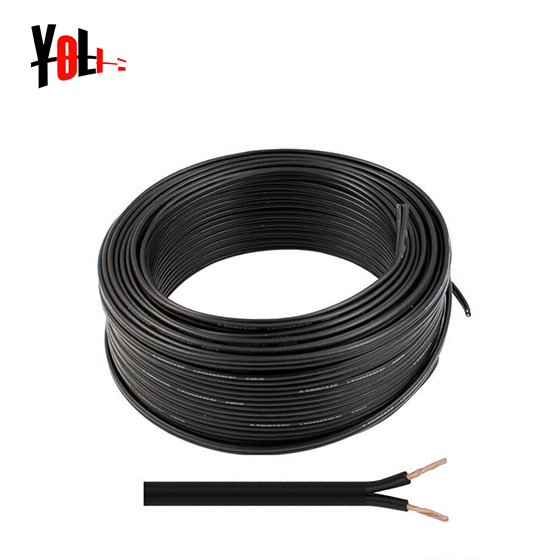
Insulation type of power cable and wire:
Insulation type
An insulator is a material (a non-conductive material) that can resist the flow of electric current. It helps resist current leakage and prevents it from contacting other conductors. This helps to maintain the integrity of the wires against environmental threats such as heat and water. Therefore, the effectiveness and safety of wires and cables depend on their insulation. Common types of cable insulators include:
plastic products
Plastic insulators include PVC (polyvinyl chloride), SR-PVC (semi-rigid PVC), Plenum PVC (full polyvinyl chloride), PE (polyethylene), PP (polypropylene), PUR (polyurethane), CPE (chlorinated poly Vinyl) and nylon.
rubber
Rubber insulators include TPR (thermoplastic rubber), polychloroprene (Neoprene), SBR (styrene butadiene rubber), silicone resin, glass fiber, EPR (ethylene propylene rubber), rubber, CSPE (chlorosulfonated polyethylene) ) And EPDM (ethylene propylene diene monomer).
Fluoropolymer
Fluoropolymer insulators include PFA, PTFE (polytetrafluoroethylene), FEP (fluoroethylene propylene), ECTFE Halar, ETFE Tefzel, PVDF (polyvinylidene fluoride), TPE (thermoplastic elastomer).
These types of insulators all have typical uses, advantages and disadvantages. In addition, the degree of insulation is affected by several factors, such as the maximum voltage of the wire/cable and the temperature the wire/cable must withstand. Generally, this affects the type and quality of insulating materials, sheaths, coverings and insulating sleeves.